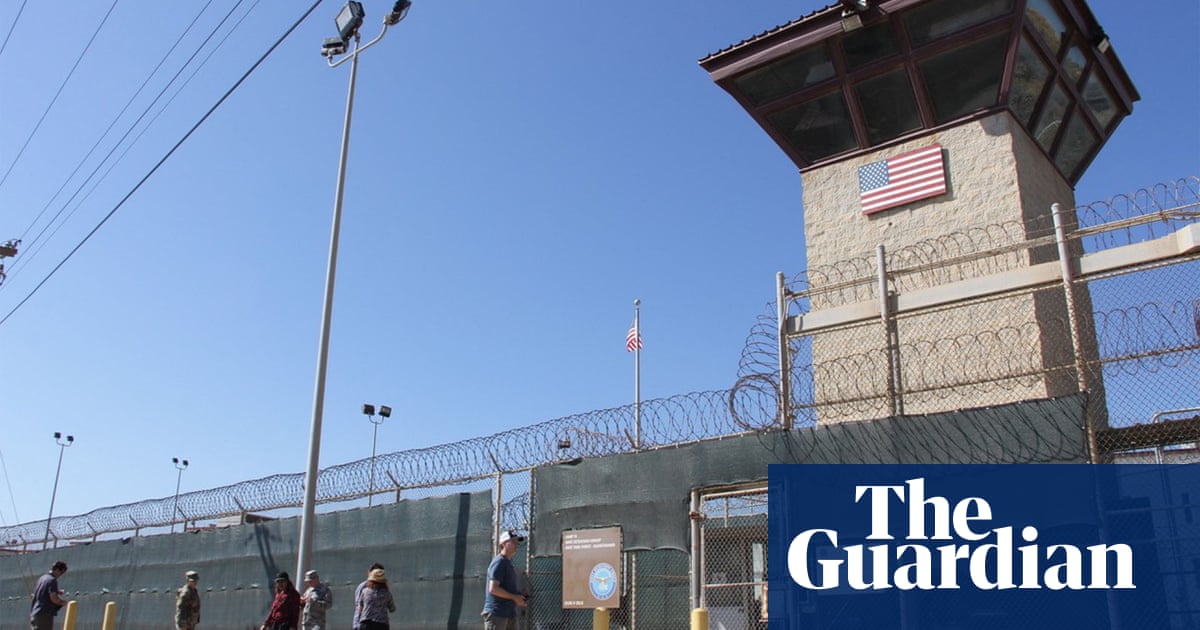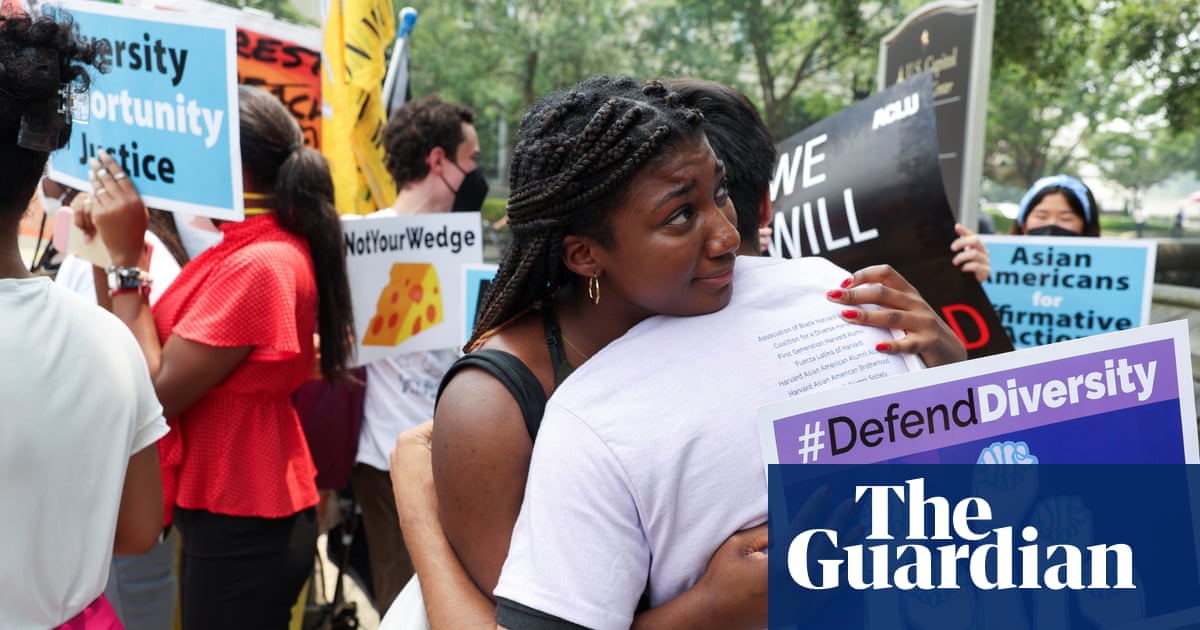
Two Nigerian communities can bring their legal claims for a cleanup and for compensation against the oil company Shell and its Nigerian subsidiary in an English court, supreme court judges have said.
In what lawyers said was a “watershed moment” for the accountability of multinational companies, on Friday the court overturned a decision by the court of appeal, and ruled that the cases against Shell could proceed.
The judges said the court of appeal was wrong when it said the company was not responsible for the harm caused by oil extraction in the Niger delta, because it was merely a holding company for Shell Petroleum Development Company of Nigeria (SPDC). It had also erred, the judges said, when it carried out a mini-trial of the facts before the disclosure of relevant documents.
“There are real issues to be tried,” the supreme court said.
The law firm Leigh Day, which represents the communities, successfully argued that Shell, one of the world’s 10 largest corporations by revenue with assets of more than $400bn (£290bn), must answer for the environmental failures of its subsidiary because the company is registered in London.
The villagers, from the Ogale and Bille communities, say they have been affected by oil pollution for years because of Shell’s operations in Nigeria, including the pollution of their drinking water.
Shell did not dispute that both communities had been severely polluted by its oil, or that there was yet to be an adequate cleanup of the pollution. Instead, it argued that Royal Dutch Shell plc could not be legally responsible for the harm caused to the communities, and so the cases should not be heard in England.
The communities have been fighting for five years to have their cases heard in the English courts. They are pursuing legal claims against Shell through the English courts because they say there is no prospect of obtaining justice in Nigeria.
Daniel Leader, a partner at Leigh Day, said: “This supreme court judgment gives real hope to the people of Ogale and Bille, who have been asking Shell to clean up their oil for years. We hope that now, finally, Shell will act.
“But it also represents a watershed moment in the accountability of multinational companies. Increasingly, impoverished communities are seeking to hold powerful corporate actors to account and this judgment will significantly increase their ability to do so.”
A report last year by Friends of the Earth, Amnesty International and other NGOs said the people of Ogoniland were still waiting for a thorough cleanup of the oil spills. The report said only11% of the total area contaminated was being cleaned up, and even in the area targeted the work had not been completed.
The report said: “In order to address its devastating legacy of pollution in Nigeria, Shell should also pay for cleanup of the rest of the Niger delta and compensate communities affected by its activities.
“The tragic and unresolved situation in Ogoniland demonstrates the urgency for governments – including those of the UK and the Netherlands where Shell is headquartered – to issue strong legislation mandating companies to respect human rights and environmental standards across their global operations.”
Nigerians from the Ogale and Bille communities say they have suffered decades of pollution, including the contamination of their water wells with potentially cancer-causing chemicals, as well as the devastation of mangrove vegetation, all of which was documented by the United Nations Environment Programme in a groundbreaking report in 2011.
The report said it could take 30 years to clean up the pollution caused by oil extraction and recommended an initial fund of $1bn (£800m) for the first five years to be paid by the oil companies that operate in Ogoniland, of which Shell is the largest.
Shell has been contacted for comment.











